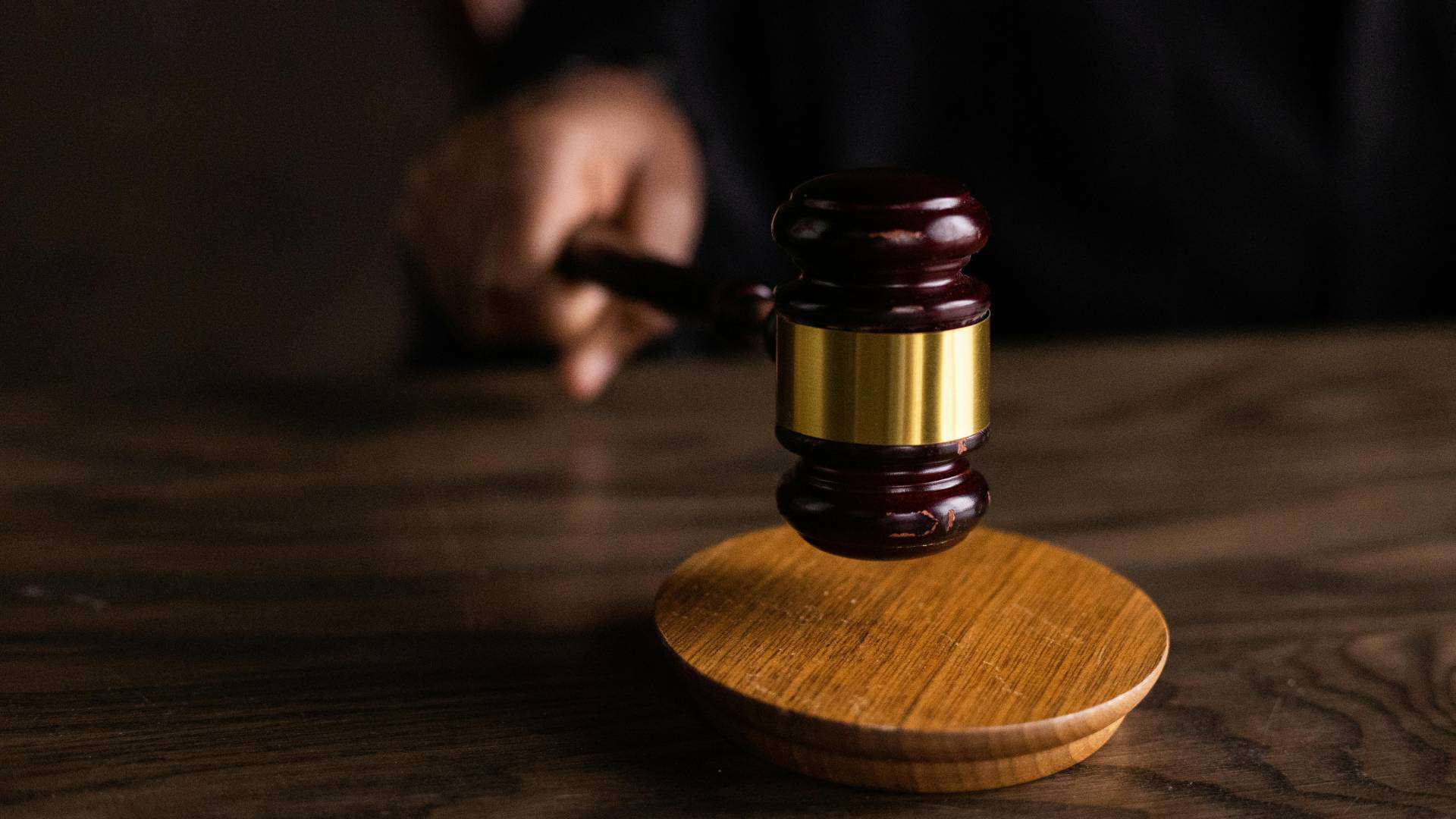When a person dies and they have a will, the assets are meant to be distributed to beneficiaries without any issue. However, when someone takes issue with a will, or a person dies without one, their assets are held and go through a process called probate. Probate is the formal legal process of validating someone’s will or determining their inheritors and distributing their assets.
A probate lawyer can help individuals settle estate and trust disputes quickly, avoiding the emotional struggle and frustrations that come from having a loved one’s assets in probate.
In this article, the team from Alvine Law Firm explains the probate process in South Dakota, tips for avoiding probate, and when to seek legal advice from an attorney.
What Triggers the Probate Process?
Probate is triggered by someone’s passing. The process is designed to validate their will and ensure that their assets are distributed according to their wishes. When a will is contested, probate can take much longer. It can also be triggered by someone dying without a will. In that case, the probate court must determine and notify inheritors.
Typically, the owner of the will (testator) leaves specific instructions on how they would like their assets distributed after their death. This includes appointment of an executor, who will oversee the will and assets after the testator passes.
Probate with a will is called testate probate. Probate without a will is called an intestate probate proceeding, and it involves appointing someone to administer the estate. This is usually a surviving spouse, adult child, or the next closest living relative (next of kin).
The South Dakota Uniform Probate Code was designed to protect rightful heirs and ensure they receive any assets they are entitled to. When someone dies without a will, state law dictates how property will be distributed.
In either type of probate proceeding, taxes and outstanding debts are paid through the estate. Administrative fees, federal taxes, income tax, court costs, and applicable attorney fees are also paid for by the estate before assets are distributed.
Working with a qualified estate lawyer can help you navigate the complexities of probate with confidence. If you are looking for help with probate in Sioux Falls, SD, contact Alvine Law Firm to request a free consultation. You can reach us at 605-275-0808.
Types of Probate in South Dakota
South Dakota probate can be formal or informal. Informal probate is common for small estates; it is a streamlined process that can get assets to inheritors faster for lower costs. There is no set figure for informal probate in South Dakota, but estates under $100,000 or under qualify for the affidavit process.
Small Estates and Affidavits
Affidavit probate allows the legal heir of an estate to transfer personal property without going through probate court. The affidavit permits the inheritor to acquire the property if it does not surpass $100,000 and no more than 30 days have passed since the death of the decedent (original property owner).
Furthermore, to qualify for the affidavit of property transfer, there must be no application or petition to appoint a personal representative of the will outstanding, the decedent must not have any outstanding debts to the Department of Social Services (South Dakota Codified Law 29A-3-1201).
Specialized Proceedings for Minors or Incapacitated Persons
In some cases, the inheritors of a person’s assets are not able to legally claim or manage them, such as the case with minors or individuals with mental impairments. South Dakota’s age of majority is 18; Codified Law 29A-3-915 highlights potential distribution methods for a person’s will to a minor, such as passing the assets into the custody of a surviving parent or the child’s legal guardian, depositing funds into a financial account in the name of the minor, or giving the assets to anyone who has assumed responsibility for the minor, so long as the value of the share to be distributed does not exceed $10,000.
In the case of an incapacitated beneficiary, the funds would go to their conservator. A trustee can also petition the court to appoint someone to act on the inheritor’s behalf. The court will need to determine whether the beneficiary is legally incapacitated, then appoint a guardian or conservator if the individual does not already have one.
The South Dakota Guardianship and Conservator Act outlines laws and procedures surrounding guardianship and conservatorship for minors and adults in the state.
The Role of the Personal Representative
In a will, the person who owns the estate (called the settlor) appoints someone to oversee the distribution of their property and assets after death. The common term for this individual is an executor or fiduciary, but it is also known as a personal representative (PR) in South Dakota.
The PR ensures that your estate is managed appropriately and according to your wishes after you pass. They must also act in the best interest of the beneficiaries listed in the will.
Personal representatives carry several important legal duties, including:
- The duty to maintain accurate records.
- The duty to distribute assets according to the will’s instructions.
- The duty to be honest and transparent with beneficiaries.
- The duty to act in beneficiaries’ best interests and not mishandle or misappropriate assets for personal gain.
South Dakota Codified Laws 29A-3-703 through 29A-3-711, as well as 29A-3-815, outline the general responsibilities, duties, and power of a personal representative. Title 29A also highlights important information such as individual liability of the personal representative, breach of fiduciary duty, appointment of a successor personal representative and more.
Managing all of the details of an estate alone can be overwhelming. And those who feel a personal representative is not upholding their duties should seek legal counsel. When you find yourself struggling navigating estate laws or probate in South Dakota, the Alvine Law Firm can help. Our dedicated team helps clients in Sioux Falls and surrounding areas quickly resolve legal matters. Meet your attorneys.
How Probate Works Step by Step
Probate follows different steps in South Dakota depending on whether someone had a will or not, the size of their estate, and whether the will is contested or not. In the case of a testate will, there are three primary steps to probate:
- Filing the Petition. The personal representative must file a petition with the deceased’s county court to validate the will. This may involve a court hearing to ensure the validity of the will.
- Notifying Heirs, Beneficiaries, and Creditors. The PR must notify all heroes, beneficiaries, and creditors of the decedent’s passing. Creditors must be notified within four months (Codified Law 29A-3-801).
- Inventory and Assets Appraisal. The court will take inventory of a person’s estate, including their property, bank accounts, vehicles, investments, and personal belongings. Some assets may need to be professionally appraised to determine their fair market value.
The PR will be responsible for addressing the estate’s taxes and ultimately distributing them to the beneficiaries.
Are you concerned that your loved one’s estate is being mishandled? Contact us at 605-275-0808. We’re here to help you understand estate laws and settle disputes promptly with our decades of legal experience.
Debt Settlement and Estate Taxes
The personal representative is responsible for settling all of the decedent’s outstanding debts, such as loans, credit card balances, and medical bills. The PR must use the estate to pay off any dues. South Dakota lays out an order of priority for paying debts, placing funeral expenses first, followed by secured debts (loans with collateral), then unsecured debts (credit cards, unsecured loans, outstanding bills, etc.).
South Dakota does not have inheritance or state estate tax, and estates up to $13.61 million are exempt from federal taxes.
Distribution of Assets to Beneficiaries
The PR must distribute the will’s assets according to the will. If the will does not outline any particular order for distribution, then the PR must follow South Dakota’s intestate succession laws. Surviving spouses, children, parents, then siblings are the designated order. The exact distribution will depend on the decedent’s will. If they did not have one, then their spouse will inherit everything. If they were unmarried, then their parents or siblings will become the sole inheritors (S.D. Codified Laws 29A-2-102; 29A-2-103, (2024).)
Managing Disputes Among Beneficiaries
When beneficiaries fight over assets or their right to them, it can become difficult for the personal representative to fulfill their duties. In South Dakota, beneficiaries can contest a will in court. If the court determines the will is invalid, probate is denied, and the assets are distributed according to intestate succession laws.
If the contested will is deemed valid by the court, then a construction case can take place. Construction cases require the court to determine what a testator meant in their will if there are any cases of ambiguity.
Contraction cases are a lengthy process. Probate in South Dakota can take up to 24 months, but this could be longer if there are multiple disputes and contests to the will. Since the PR is legally bound to only distribute assets according to the will and South Dakota law, they may not determine who is entitled to what. Instead, they must follow the decedent’s wishes and legal system for guidance.
If you find yourself faced with beneficiary disputes, or if you believe that you have not received assets you are entitled to, we can help. Discuss your case with an estate dispute lawyer in Sioux Falls — we offer free consultations. Contact us today.
Closing the Estate
The PR must submit a final accounting record to the court detailing all of the expenses taken out of the estate. The court will review the report. Once it is approved, the PR can distribute remaining assets to beneficiaries. The court will issue an order closing the estate, and the PR is discharged from their fiduciary duties.
Common Challenges in Probate
While a well-written will can help avoid many problems, there are still issues that can arise during probate. These include contests and disputes, delays and complications in asset distribution, and the issue of insolvent estates.
Insolvent estate occurs when an estate’s debts exceed its assets. In these cases, the PR must use all available assets to pay creditors, and beneficiaries may not receive anything.
Avoiding Probate in South Dakota
There are some ways to avoid probate in South Dakota, including having a living trust, payable-on-death (POD) bank accounts, transfer-on-death (TOD) deeds, and joint ownership of properties.
Living trusts can help avoid probate because the assets they hold belong to the trust, not the estate. Because of this, distribution can take place immediately following a grantor’s death.
Joint ownership between spouses is a common way to avoid probate. It can also take place between children, their parents, siblings, and any other individual. Joint ownership ensures that when one person passes, the other still remains the legal owner of the property.
When to Seek a Probate Lawyer
There are often cases when expert guidance is necessary to navigate probate. Complex estates with a variety of assets, such as real estate, may need legal guidance. Probate lawyers in South Dakota can handle various tasks related to settling in an estate, including paying debts, managing the estate’s accounts, distributing assets to beneficiaries, and ensuring all taxes, bills, and fees have been paid.
Alvine Law Firm offers probate support and estate and trust dispute resolution services in Sioux Falls, Mitchell, SD, and surrounding areas. Please contact us today to arrange a free consultation with a lawyer who can help. You can reach our office at 605-275-0808.
Additional Resources
South Dakota Probate | Probate Law Center
Probate | South Dakota Attorney General
Adult Protective Services | South Dakota Department of Social Services

